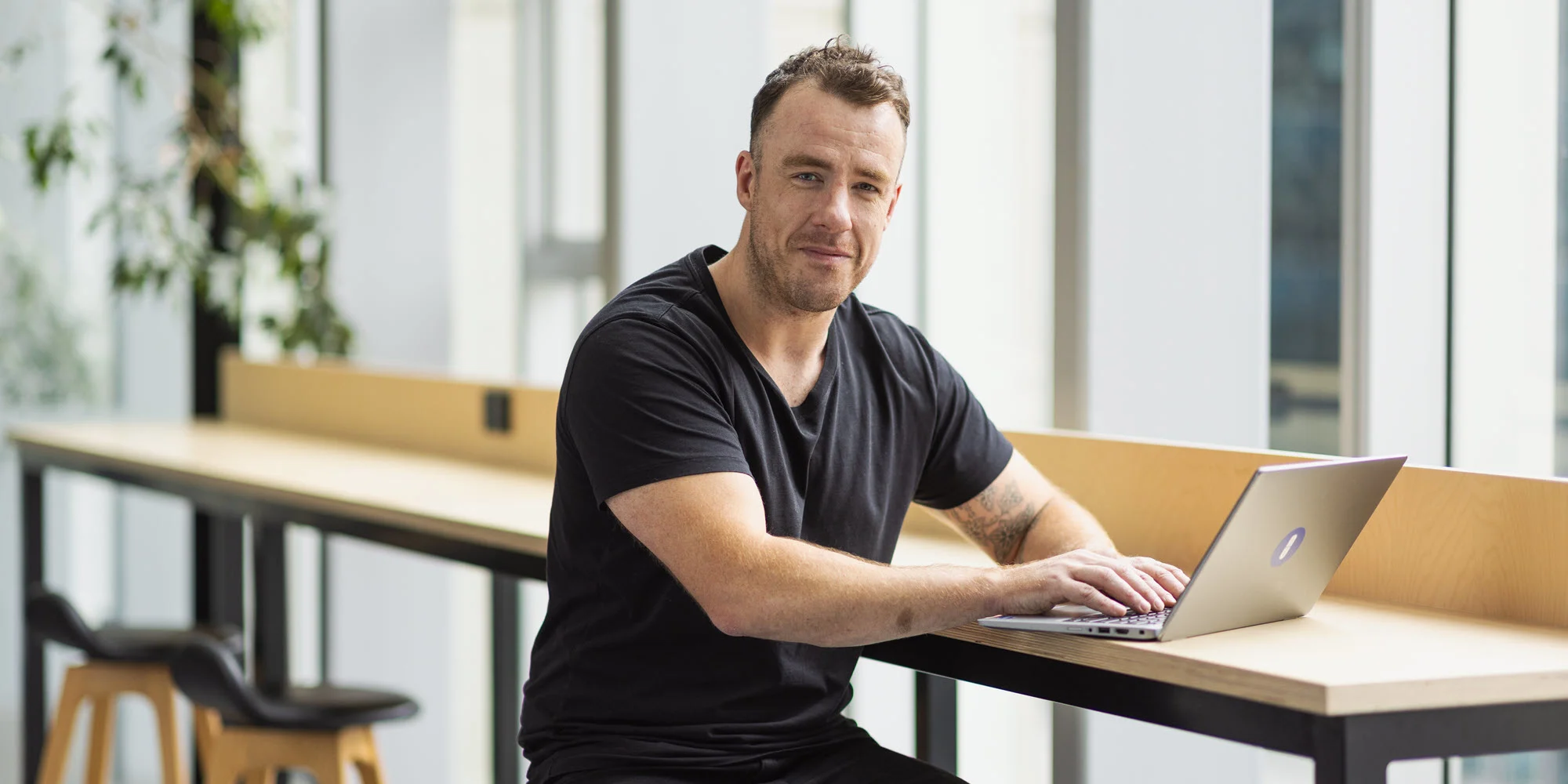How to become a biologist
Research the anatomy, physiology and biochemistry of living organisms such as humans, animals and plants and their relationship with the environment.
Pathways to this career
Complete an undergraduate environmental or a degree in science with a major in biology.
Biology is broad field of study - focus your career by picking a specialisation. Potential areas of interest include cell biology, marine biology, immunology, zoology, biochemistry or molecular biology.
Further your practical experience with an internship.
If you wish to work in applied research or teach at a high school level, a postgraduate degree in biology is required.
If you want to undertake independent research or teach at a university level, then you will need to obtain your PhD in biology.
What does a biologist do?
Duties and tasks
Investigate the biochemistry, anatomy and physiology of living organisms such as humans, animals and plants and their relationship with the environment.
Examine the effects of environmental factors on plants.
Liaise with other industry professional to apply the research results and develop new products or practices.
Observe the development of micro-organisms and the effects they have on living organisms.
Plan and conduct experiments and process and analyse results and data.
Write up scientific reports and present to the scientific community at conferences or via published papers in scientific journals.
Professional bodies
Related jobs and job titles
Anatomist
Biotechnologist
Botanist
Life scientist
Marine biologist
Microbiologist
Physiologist
Discover related degrees
UndergraduateMAQ-BSC-DEG
Learn from international leaders in science
Benefit from the guidance of teachers whose research findings are known on a global scale. Use this research to conduct case studies. Take a hands-on approach with a lab component. Specialise in biology, including genetics, genes and life processes.
- Study method
- Online & on-campus
- Duration
- 3 years full time or part time equivalent
- Entry requirements
- No ATAR required. Start with a subject.
UndergraduateSCU-SCI-DIP
A pathway to the lab or further science studies
An online science course with specialisations in forestry, marine, or Earth and environmental systems. You’ll explore chemistry, physics, biology and geology. Think about the role science plays solving big issues like climate change and pollution.
- Study method
- Online & on-campus
- Duration
- 1 year full time or part time equivalent
Discover related subjects
UndergraduateCUR-HUMB1000
- Study method
- 100% online
- Entry requirements
- No ATAR required. Start with a subject.
- Start dates
- Starts 2 Mar 2026, 31 Aug 2026
Enrolments open until 5 Mar
UndergraduateMAQ-MHHX1002
- Study method
- 100% online
- Start dates
- Starts 27 Jul 2026
UndergraduateMAQ-BIOX3320
- Study method
- Online & on-campus
- Start dates
- Starts 27 Jul 2026
UndergraduateMAQ-BIOX2430
- Study method
- Online & on-campus
- Start dates
- Starts 27 Jul 2026
Need help making study choices for your career?

Need help making study choices for your career?
Our student advisors will turn your aspirations into a clear study path.
They'll help you with:
Choosing and enrolling in the right course for your desired career, including pathway options.
Mapping a study plan that allows you to balance work and home commitments.
Understanding eligibility for funding, including HECS-HELP loans.
Get unbiased advice at no cost today.
Looking for other ways to start the conversation? Contact us
Step up your career with these resources

8 subjects you’ve never heard about (but should have)
Break away from the well-trodden path and find a course as unique as you are. From uncovering your inner palaeontologist, to studying the intricacies of Japanese culture, these eight subjects offer something a little different.

Regional high-schooler takes online uni subjects to jump-start her future
In a small South Australian town miles from any university campus, lives a 17-year old high schooler with a passion for science, a compound microscope, and a dream of working in a lab and discovering something interesting one day.

What are the best jobs for introverts?
Looking for a career where you can spend a lot of time alone, focusing on what you're good at? These roles will let your quiet, reflective qualities shine.

4 science careers you didn't know existed
So you want to be a scientist… From exploring parts of the invisible sky, to fabricating new food flavours, here are some of the more unusual careers in science.